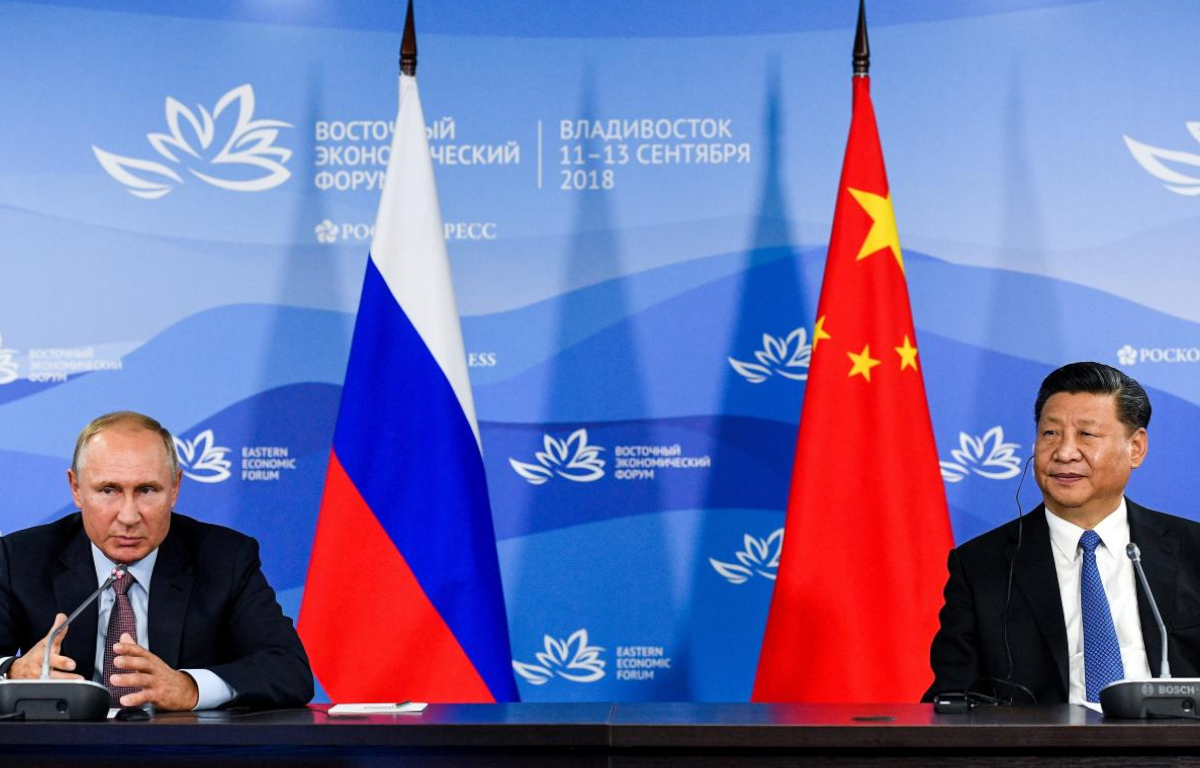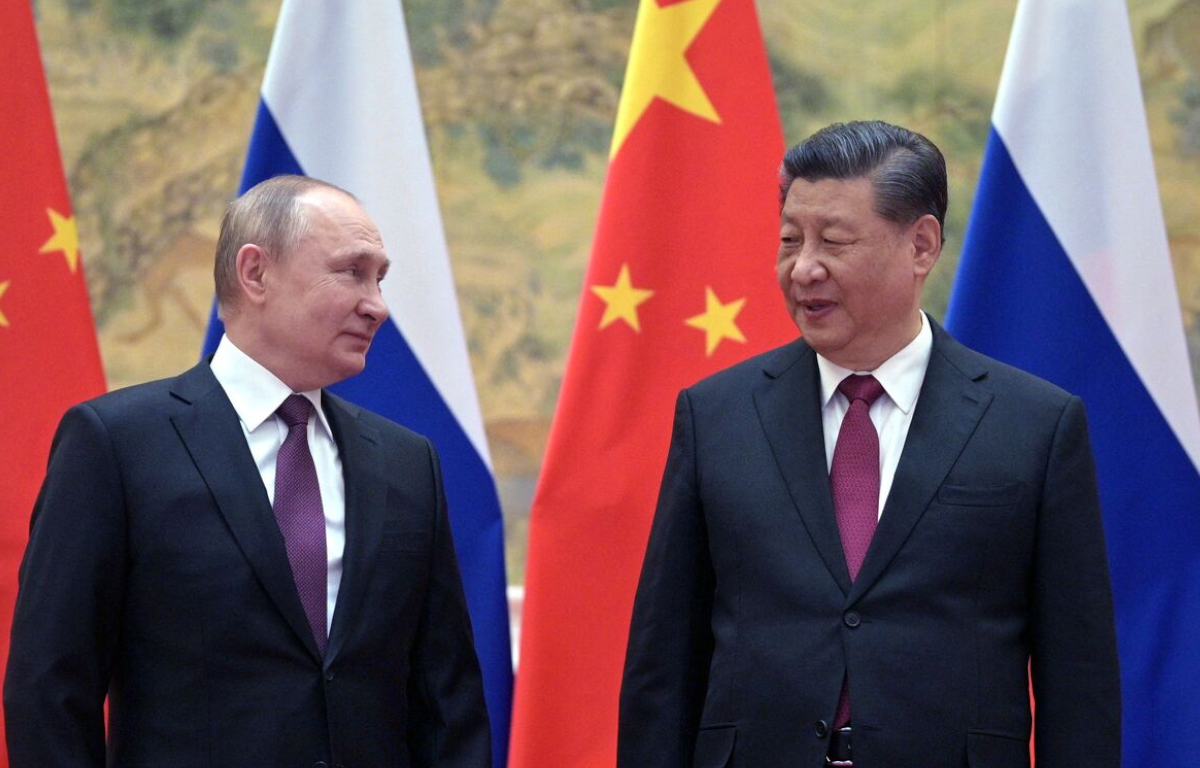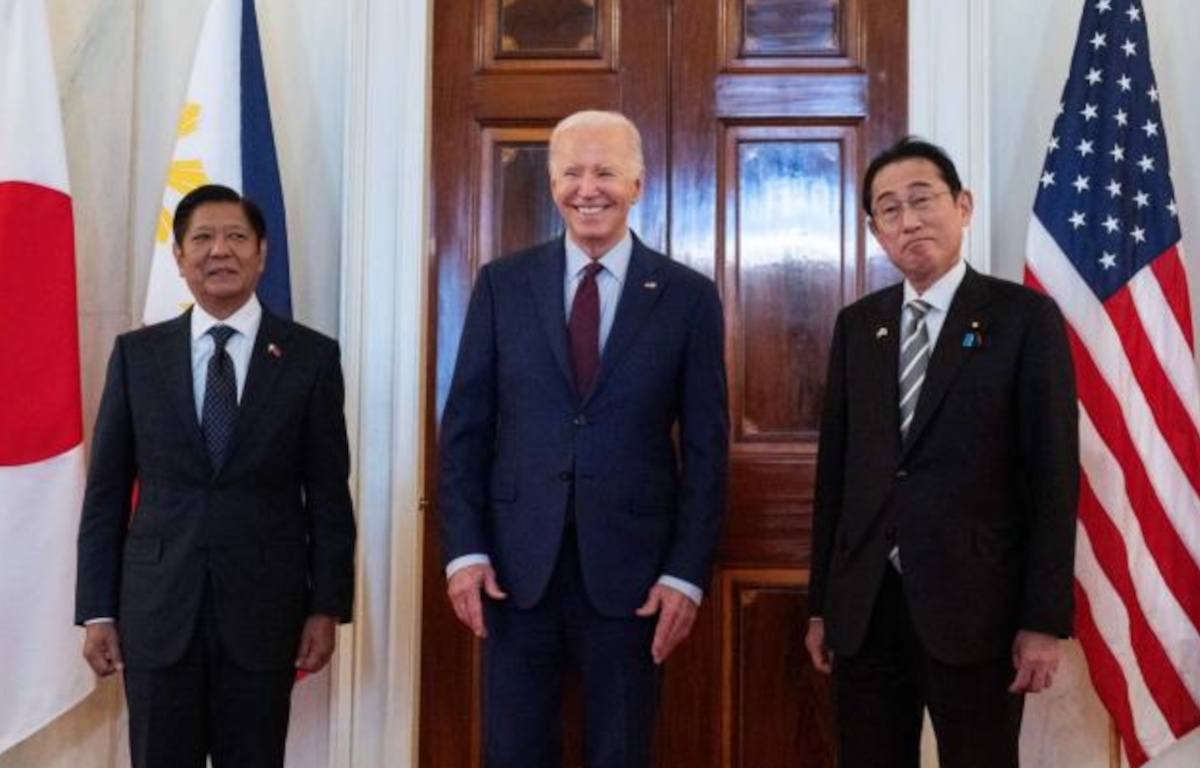
This trend has raised concerns among scholars, universities, and advocacy groups, highlighting broader issues related to academic freedom, national security, and international exchange programs.
Chinese students and academics have long been an integral part of the US academic community, contributing to research, innovation, and cultural exchange. However, in the wake of geopolitical tensions and concerns about intellectual property theft and espionage, there has been a noticeable shift in how Chinese individuals are perceived and processed during visa applications.
Many Chinese students and scholars have reported experiencing delays, additional document requests, and denials during visa interviews. These challenges have been attributed to concerns related to national security and the perceived risk of espionage or technology transfer. Some individuals have also faced visa revocations or restrictions, impacting their ability to study, conduct research, or attend academic conferences in the US.
The increased scrutiny faced by Chinese students and academics has raised concerns about its impact on academic exchange, collaboration, and diversity within US universities. Many scholars argue that such measures could hinder the free flow of ideas, impede international research partnerships, and discourage talented individuals from pursuing educational opportunities in the US.
While national security concerns are legitimate, there is a delicate balance that needs to be maintained between safeguarding sensitive information and fostering international collaboration and academic freedom. Many universities and organizations advocate for transparent and fair visa processes that uphold security standards while also facilitating legitimate academic pursuits and cultural exchange.
Numerous advocacy groups, academic associations, and universities have voiced their concerns and advocated for policies that promote inclusivity, diversity, and fairness in visa processing. These efforts aim to ensure that Chinese students and scholars are not unfairly targeted or subjected to discriminatory practices based on their nationality or ethnicity.
As the landscape of international relations continues to evolve, it is essential to find constructive and collaborative approaches to address security challenges without compromising the values of academic freedom, diversity, and open exchange of ideas. Engaging in dialogue, promoting mutual understanding, and implementing transparent visa policies are crucial steps toward fostering a welcoming and secure environment for students and scholars from all backgrounds.










Share this: